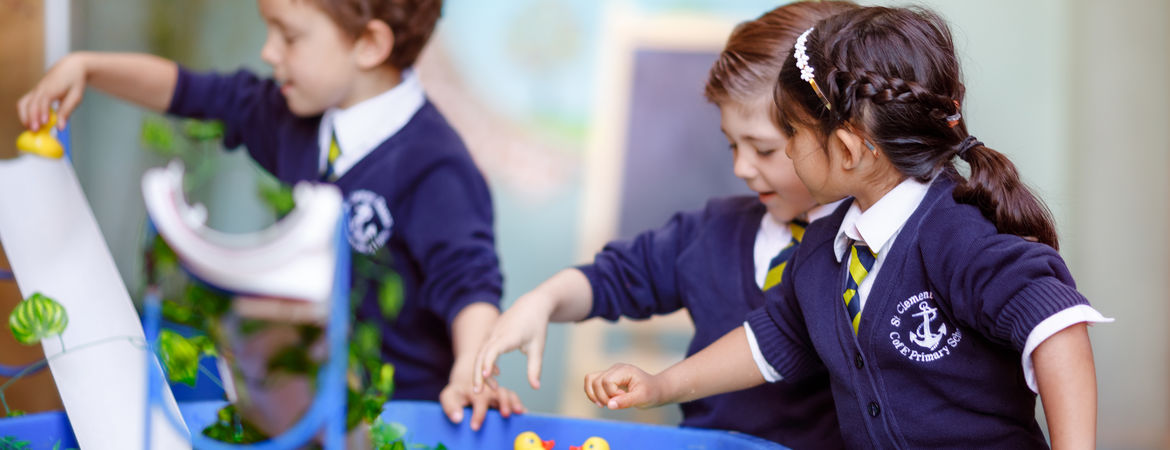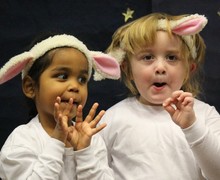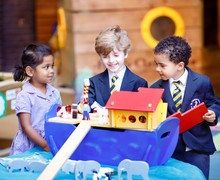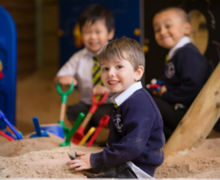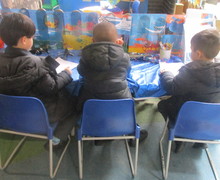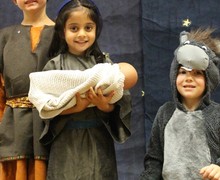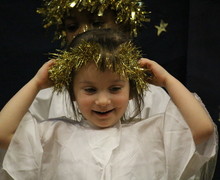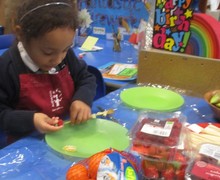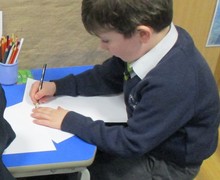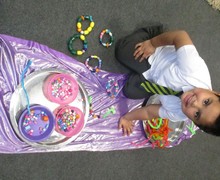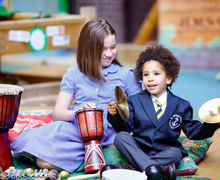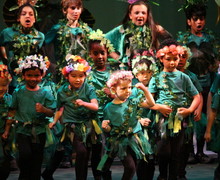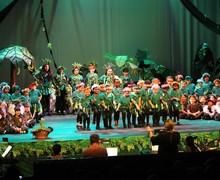Early Years
We have two classes in our Early Years Foundation Stage (EYFS):
- Nursery (children aged 3 - 4 years)
- Reception (children aged 4 - 5 years)
Learning and Development:
At St Clement Danes we aim to provide the highest quality care and education for all the children in our Early Years, giving all children the best possible start to school and forming a strong foundation for future learning.
In our EYFS we create a safe, secure and happy environment and aim to inspire children through imaginative and creative learning experiences. We work alongside parents, carers and other practitioners to help children become confident, independent, curious and self-motivated learners.
At St Clement Danes, Early Years practitioners teach children by providing rich, challenging and playful learning opportunities across the 7 Areas of Learning and Development:
Areas of Learning in Reception
Early Learning Goals (for the end of Reception)
In planning and guiding children’s activities in the Early Years, our practitioners reflect on and adapt their teaching in response to the different ways that the children learn.
| Characteristics of Effective Learning | |
| Playing and Exploring | Children investigate and experience things, and ‘have a go’ |
| Active Learning | Children concentrate and keep on trying if they encounter difficulties, and enjoy achievements |
| Creating and Thinking Critically | Children have and develop their own ideas, make links between ideas, and develop strategies for doing things |
For more examples of each of these characteristics, please click here.
Provision in the Early Years is carefully planned to ensure sequential acquisition of knowledge and skills:
We carefully consider the individual needs, interests, and stage of development of each child in our care, to plan challenging and enjoyable experience for each child.
Early Years Curriculum Overview
Assessment:
A baseline assessment is completed when children enter the Nursery and again when they enter the Reception class. Through day-to-day interactions with children, staff to build up their knowledge of what children know and can do, for assessment purposes and to inform future planning and provision.
An Early Years Profile is completed for each child at the end of Reception. This written Profile, completed by the child's teacher, reflects ongoing observation and discussions with all adults who have worked with the child, including their parents and carers. It also provides data against which further progress can be measured as the child continues their learning journey through the school.

